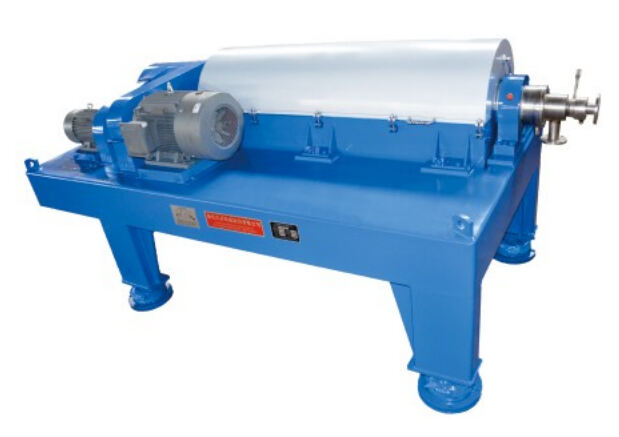pipeline waste treatment
Pipeline waste treatment represents a sophisticated approach to managing and processing waste materials through an interconnected system of pipes and treatment facilities. This comprehensive system integrates multiple stages of waste processing, including initial collection, transportation, separation, and final treatment. The technology employs advanced monitoring systems that continuously track waste flow rates, composition, and treatment effectiveness. Modern pipeline waste treatment systems incorporate smart sensors and automated control mechanisms that optimize the treatment process while minimizing environmental impact. The system's design allows for efficient handling of both liquid and solid waste materials, with specialized components for different waste types. Key technological features include pressure-regulated flow control, real-time contamination detection, and automated sorting mechanisms. The applications of pipeline waste treatment span across various industries, including manufacturing, chemical processing, and municipal waste management. These systems are particularly valuable in urban areas where traditional waste management methods may be impractical or insufficient. The technology also supports sustainable waste management practices by facilitating waste recycling and resource recovery operations.

